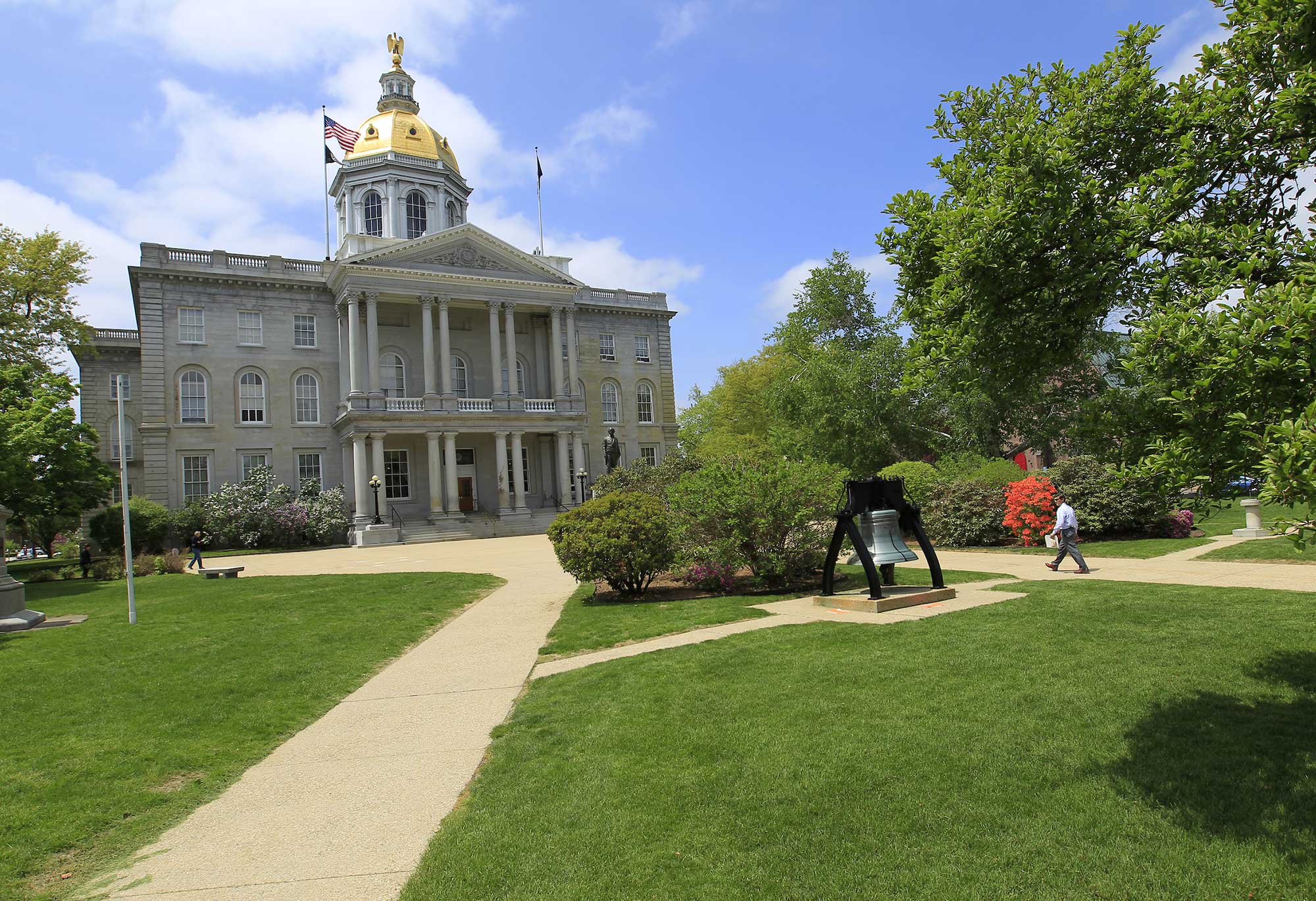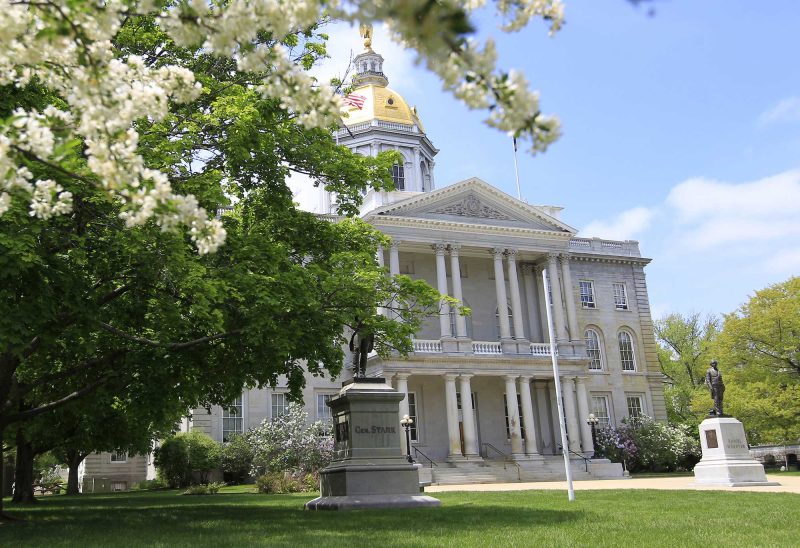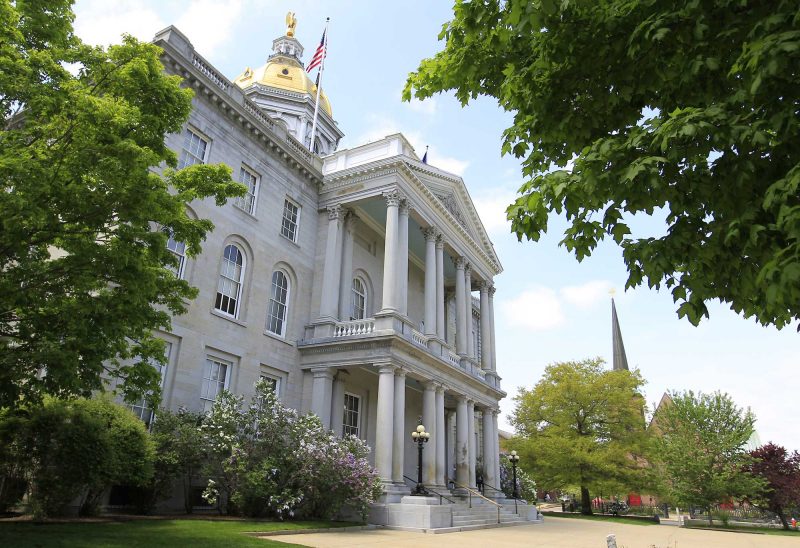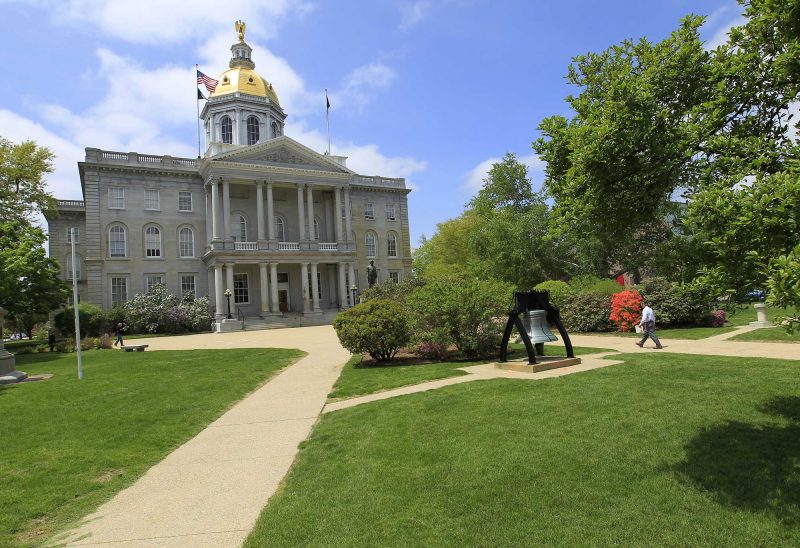The following testimony was submitted to the New Hampshire Senate Commerce Committee:
The New Hampshire Charitable Foundation is a long-time supporter of resident-owned communities as a key strategy for preserving and expanding affordable housing in New Hampshire. We oppose SB210 because we believe this bill, intentionally or not, will severely undermine a critical, innovative, and market-driven avenue to advance housing affordability.
Since 1984, the Charitable Foundation has invested in the New Hampshire Community Loan Fund to help residents of manufactured home parks organize, buy, and manage their communities as cooperatives. When these homeowners own the land and run their communities cooperatively, benefits include security of tenure, long-term affordability, stable costs, leadership engagement, improving conditions, and access to fixed-rate mortgages for home financing. Many of these benefits are simply not possible when outside investors own a park and rent the land to homeowners.
To date, not one of these 140 resident-owned communities has failed and the program has been recognized for excellence by the Opportunity Finance Network, Fannie Mae Foundation, U.S. Dept. of Agriculture, National Environmental Education & Training Foundation, and Citizens Bank. We are proud that the success of this New Hampshire model spurred replication across the country.
The existing law works to protect park tenants — while also protecting the interests of park owners in obtaining a fair price when they seek to sell. It allows homeowners to stay on their property even if they do not want to join or participate in the ownership cooperative. SB210 changes the law by placing an unreasonable and undemocratic burden on cooperative formation and make it very difficult for owners of manufactured homes to come together and purchase the land their homes sit on when it is for sale. These homeowners would not be able to protect themselves from eviction if the landowner chose to develop the land for another purpose. It would diminish housing security and reduce affordable housing available to New Hampshire residents at a time when housing shortages are creating acute hardship all across our state.
Affordable housing is critical for the wellbeing of New Hampshire households in every community. It ensures that families can live and work in New Hampshire. At a time of critical workforce shortages, a rental vacancy rate of less than one percent and a very limited number of homes for sale, the last thing New Hampshire should do is to take a step backward and make it difficult or impossible to maintain the affordability of these homes.
We urge the committee to vote SB210 inexpedient to legislate.












